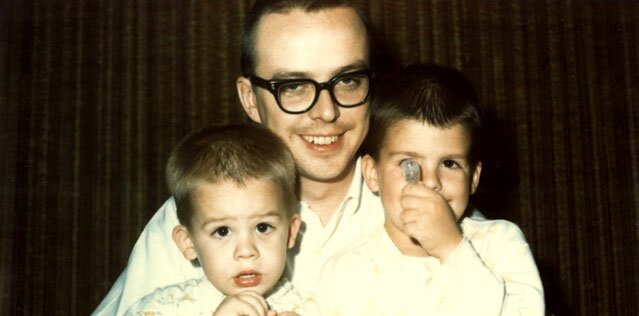

ART/CULTURE
Michael Hainey's Interview
Michael Hainey is living proof of people being so much more than what they seem to be. During the week, Hainey held the title he is mostly known for, the deputy editor of GQ, and on the weekends, he devoted himself to painting; this went on for many years before he finally began showing his work at galleries. And for the last 10 years, he worked on his recently released memoir, After Visiting Friends, a powerful tale in which he reflects on his journey to find out what happened to his newspaperman father, Robert Charles Hainey, who died at the age of 35. It turned out that for all these years while he was writing professionally about Men's fashion and style, he was also searching for clues, visiting his father's surviving friends, learning what happened in the events leading up to his father’s death, and spending his morning hours weaving it all into the writing of this book. We asked him why he chose to share his story.
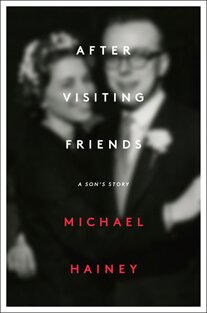
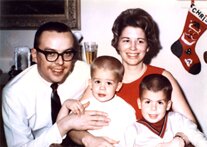
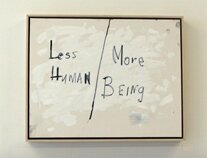
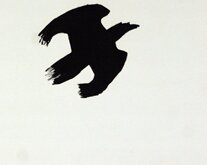
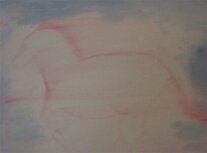
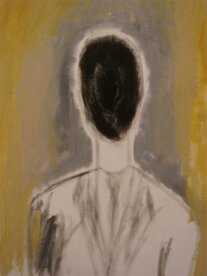
RSS Feed